Britain & Ireland
What was it about industrialisation that led to the emergence of a woman’s movement in Victorian Britain? Why do we see so many people fighting for so many rights and liberties in this period and what are the origins of some of the issues we still campaign on today? This section includes our major series on Social and Political Change in the UK from 1800 to the present day. There are also articles and podcasts on the often violent relationship between England and Ireland during this period and England’s changing relationship with Scotland and Wales. Read more
Sort by:
Date (Newest first) | Title A-Z
Show:
All |
Articles |
Podcasts |
Multipage Articles
-
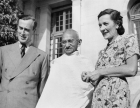
Admiral Lord Mountbatten: man of science and royal role model
ArticleClick to view -

The Great Yarmouth Suspension Bridge Disaster of 1845
ArticleClick to view -

Tank development in the First World War
ArticleClick to view -

Promoting the First World War, 1914-16
ArticleClick to view -
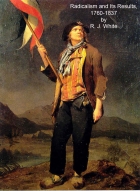
Radicalism and its Results, 1760-1837
ArticleClick to view -
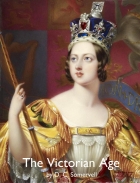
The Victorian Age
ArticleClick to view -
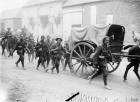
Battle of the Somme: the making of the 1916 propaganda film
ArticleClick to view -

Earth in vision: Enviromental Broadcasting
ArticleClick to view -
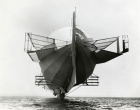
First Zeppelin shot down over Britain
ArticleClick to view -
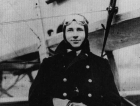
A Zeppelin VC remembered
ArticleClick to view -
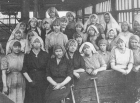
Women in British Coal Mining
ArticleClick to view -

Bristol and the Slave Trade
ArticleClick to view -
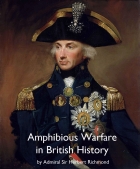
Amphibious Warfare in British History
ArticleClick to view -

Elementary Education in the Nineteenth Century
ArticleClick to view -
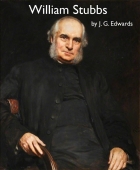
William Stubbs
ArticleClick to view -

Driver Ben Cobey 8th Royal Field Artillery
ArticleClick to view -
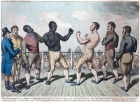
Waterloo's prizefight factor
ArticleClick to view -

Medical aspects of the battle of Waterloo
ArticleClick to view -
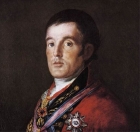
The British soldier in the Revolutionary and Napoleonic wars
ArticleClick to view -

The Battle of Waterloo: Sunday 18 June 1815
ArticleClick to view

